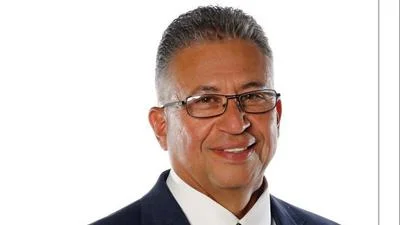New Mexico Sen. Martin Heinrich addressed various concerns relating to the harmful effects caused by ongoing climate change.
"It’s September 10th and it’s 96 degrees Fahrenheit in Albuquerque, the Rio is practically empty, and cottonwoods and willows are dying from heat stress," Heinrich wrote in a tweet. "We have the tools to fix our climate. Do we have the will?”
The phenomenon has caused numerous weather disasters in the last fifty years, according to a recent U.N. agency report crafted by the World Meteorological Organization.
The WMO study reports that 62 of 77 weather-related disasters between 2015 and 2017 resulted from human influence. Among them were hurricanes Harvey, Maria, and Irma, with the Pacific Northwest, Siberian and Chinese regions taking the hardest hit.
The related concerns continue to accelerate, with approximately 200 medical and health journals worldwide declaring climate change as the greatest health crisis faced by humans in present time. WMO Secretary-General Petteri Taalas warns that if no sustainable efforts are made, the rage and consistency of natural disasters will continue to rise.
"That means more heatwaves, drought, and forest fires such as those we have observed recently in Europe and North America. We have more water vapor in the atmosphere, which is exacerbating extreme rainfall and deadly flooding," Taalas said. "The warming of the oceans has affected the frequency and area of existence of the most intense tropical storms."
Despite the increasing frequency of natural weather occurrences, technological advances have lessened the number of fatalities deriving from the disasters over time as the average yearly death toll has dropped from 50,000 to below 20,000, NPR reports.









